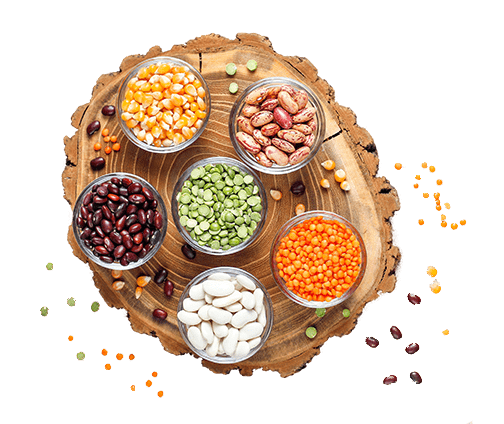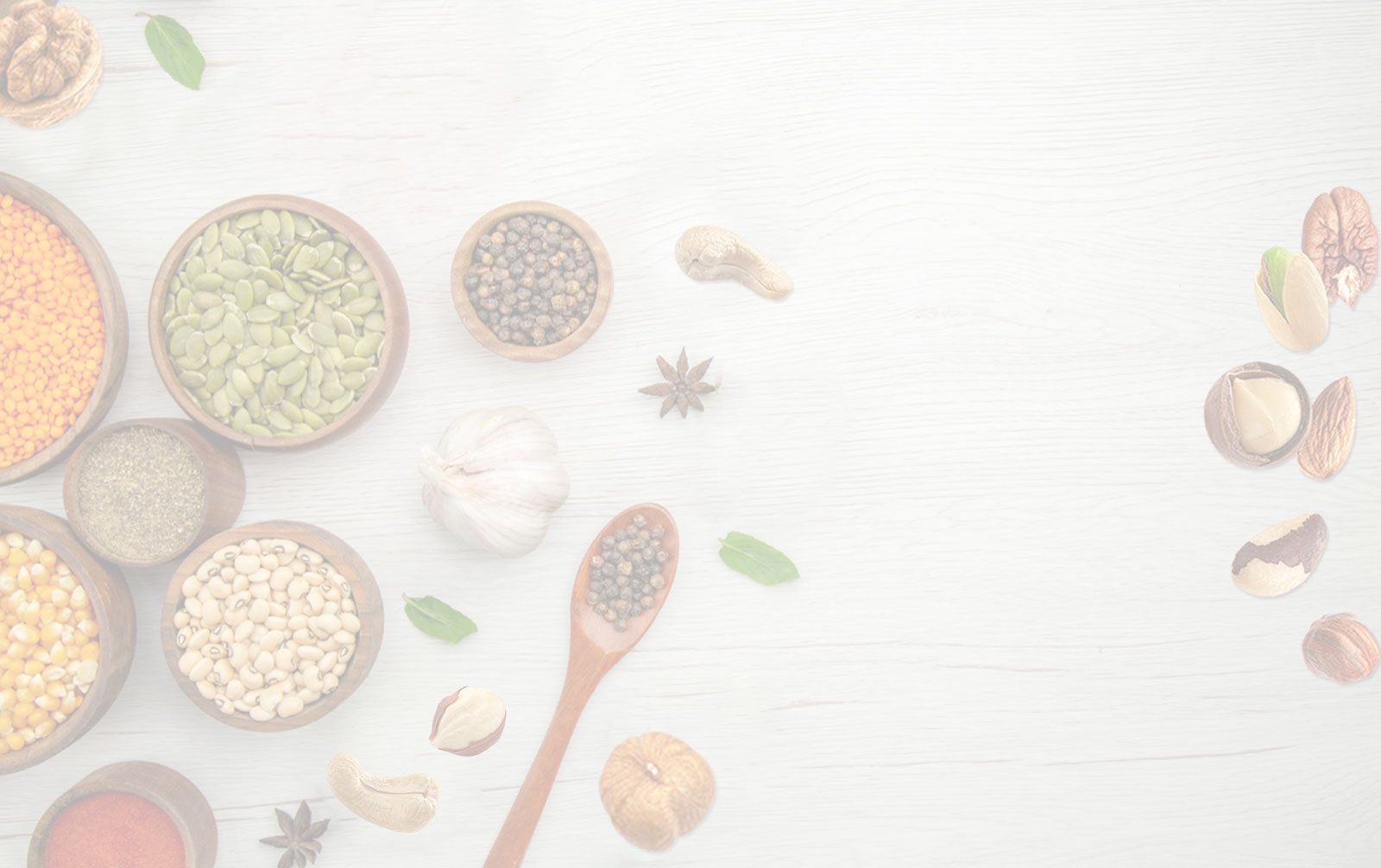Harmony
With Mother Nature

Our Philosophy
“IN” stands for Indian and “GRANO” stands for Grain.
We come with an aim to ingrain ingrano all over the world.
At Ingrano, we take pride in promoting our Indian heritage and are constantly looking forward to bringing India closer to you, wherever you are.

With our extensive range of food products, we aim to promote Indian agriculture and the consumption of healthy food products worldwide. By committing to quality, sustainability, and affordability, we're making the world a smaller—and tastier—place.
Every bite is a journey back home.
From the farm to your table—Ingrano offers an expansive range of organic, conventional, frozen, and ready-to-eat products.
We are on the world

Our Certifications
Our cutting-edge unit and products have received certification from reputable national and international organizations. Our products are lab-tested and properly certified by the national authorities. Being certified by India Organic, USDA Organic, Jaivik Bharat, and FSSAI has made us a well-known company among exporters of organic foods. We offer a wide variety of certified organic products that are non-GMO and gluten-free.



















